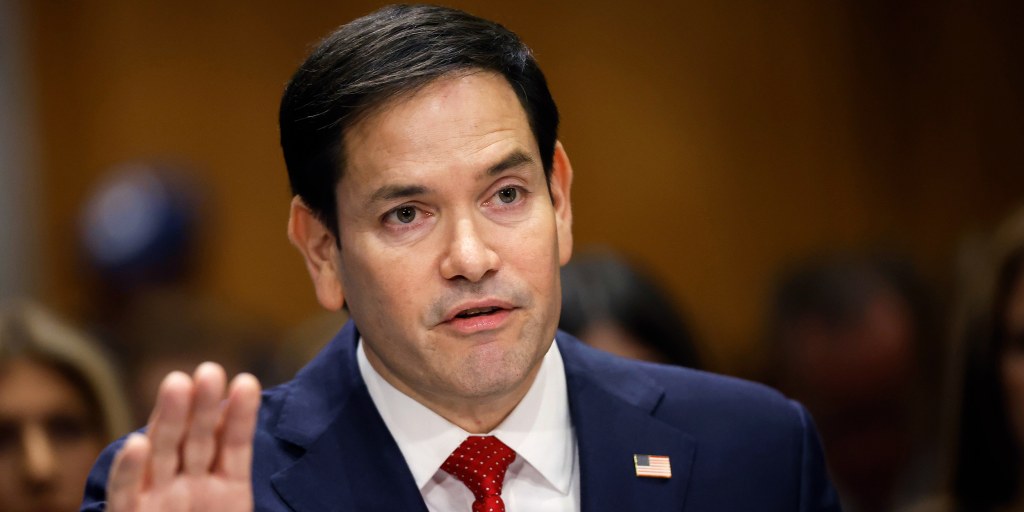Breaking: Rubio Halts Global Aid Pipeline in Unprecedented Foreign Policy Move

In a significant move following President Donald Trump's executive order, the administration has implemented a comprehensive pause on new foreign aid commitments and disbursements. The directive signals a strategic review of current international assistance programs, reflecting the administration's commitment to reassessing the United States' global financial support mechanisms.
The sudden halt aims to provide a thorough examination of existing foreign aid allocations, potentially reshaping the country's approach to international financial assistance. By temporarily freezing new obligations and payments, the administration seeks to carefully evaluate the effectiveness and strategic value of current aid initiatives.
This decisive action underscores the president's pledge to scrutinize government spending and ensure that foreign aid aligns with national interests. The review process is expected to bring greater transparency and accountability to the country's international financial support strategies.

